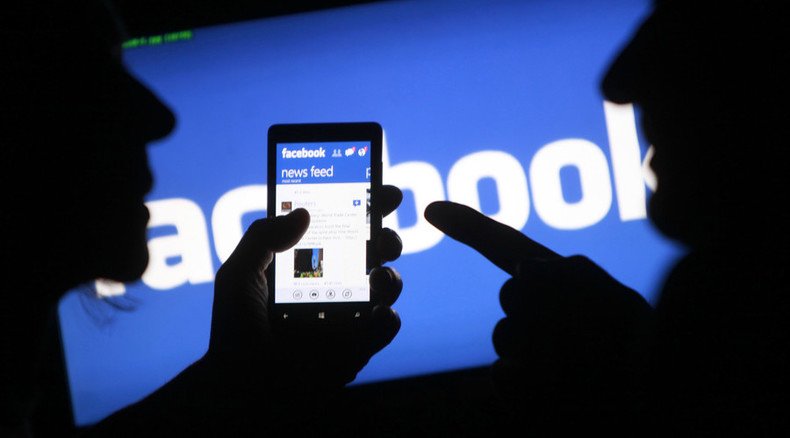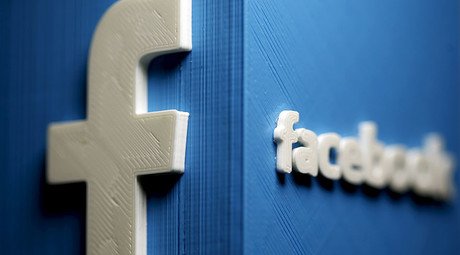Feeling sad? Quitting Facebook could turn your frown upside down, study says

While the temptation to always be connected via social media outlets is a legitimate one, a little bit of will power could work wonders for your personal life. A new study found that quitting Facebook actually makes people happier.
The research, conducted by the Denmark-based think-tank Happiness Research Institute, enrolled 1,095 volunteers between the ages of 16 and 76. Ninety-four percent of the participants said they visited Facebook as part of their daily routine.
Before the study began, the volunteers were surveyed on how satisfied they felt, how active their social life was, how much they compared themselves to others, and how easy they found it to concentrate.
The participants were then divided into two groups. Half of them carried on using Facebook as usual, while the other half spent their time away from the social network.
After just a week, 88 percent of those who had given up Facebook said they felt “happy,” compared to 81 percent of those who continued using the social network as usual.
Those who gave up Facebook also reported feeling more enthusiastic, less lonely, less worried, and more decisive. They said they found it easier to concentrate, and that quitting the social network allowed them to spend more time seeing friends and family face-to-face.
"After a few days, I noticed my to-do list was getting done faster than normal as I spent my time more productively. I also felt a sort of calmness from not being confronted by Facebook all the time," said 35-year-old volunteer Sophie Anne Dornoy.
According to the researchers, the lower levels of happiness associated with Facebook are due to the fact that people tend to envy other people's lives.
"Instead of focusing on what we actually need, we have an unfortunate tendency to focus on what other people have," wrote the authors of the study.
Meik Wiking, CEO of the Happiness Research Institute, described the social network as a “constant bombardment of everyone else's great news,” adding that everyone shows their best side in the “Facebook world.”
READ MORE: No Tsu for you: Facebook blocks social-networking competitor
But despite the study's findings, Wiking said that most people will continue to use social media as usual, because humans have a tendency to repeat negative behavior.
“It’s also common wisdom that smoking is bad, yet we continue to do it,” he told the Local.
Wiking did, however, admit that social media can have some positive effects – if you remember that your news feed is just a small part of what is happening in the lives of your Facebook friends.
“There can also be positive benefits from Facebook and social media, but I think the real thing to always be aware of is the effect it has on our perception of reality. This constant flow of great news we see on Facebook only represents the top 10 percent of things that happen to other people. It shouldn’t be used as the background for evaluating our own lives,” he said.
Wiking said the next step is for researchers to study how long the positive effects of quitting social media last, and what happens when people go without Facebook for extended periods.
“I'd like to try for a year, but we'd have to see how many volunteers we get for that,” he said.













